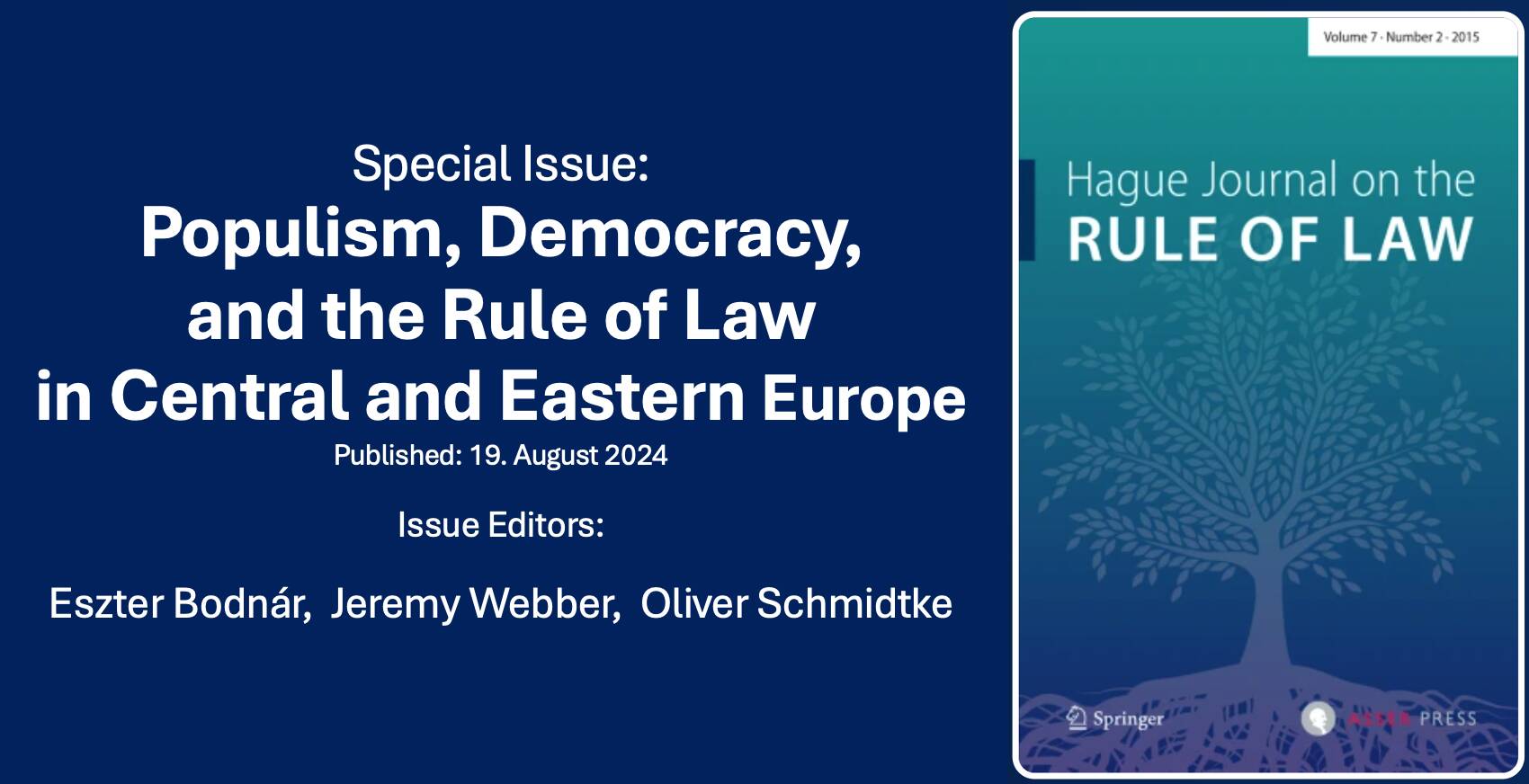Dr. Keith Cherry: What Are The Greatest Challenges Populism Poses To Democracy?
Keith Cherry (Cedar Trees Institute and Fellow at the Central for Global Studies, University of Victoria) participated in the video series on Populism and Democracy during the international conference “Constitutionalism in the Age of Populism”, March 6-8, 2020 and accepted the invitation to respond to a bold question “What are the greatest challenges that populism poses to democracy?”.
In this video interview, Keith Cherry provides a view on populism from the Canada, with reference to the protests that took place in the first months of 2020 to support the Wetʼsuwetʼen nation’s sovereignty. Cherry affirms that those protests reflect a number of characteristics of populism such as its anti-institutionalism, its anti-elitism and the claim to speak for the people.
One of the interesting things about the Canadian case – notes Cherry – is that there are multiple legal orders at play, while populism and pluralism are intersected. Therefore, this example of populism is not just just anti-institutional but also alter-institutional, as it is not just anti-elitist but also alter-elitist. “I think that this really changes the character of this populist moment”, stresses the scholar, as “it represents an attempt to reassert plurality in a context of a monism enforced by the Canadian state”. This is also what makes this populist movement more inclusive and much different in this respect from a xenophobic sort of populism that we see in other contexts.
In sum, the Canadian case offers an interesting and distinctive case that shows the specificities of populism. But it also points to something that is likely to be true in all cases of populism, namely that populists have their own decision-making procedures. “I think one of the things that the Canadian case teaches us is that if we really want to understand populism we have to grapple with its internal norms as well as with their relationship to the dominant state norms”, concludes Cherry.
This video is part of the CEDoD project and was produced as part of the event “Constitutionalism in the Age of Populism”, which took place on 6-8 March, 2020 in Victoria, BC. CEDoD stands for “Canada Europe Dialogue on Democracy: Democratic Deficit and the Rise of Populism in Europe”. This project is co-funded by the Erasmus+ Jean Monnet Action of the European Union, the Centre for Global Studies, University of Victoria, the Social Sciences and Humanities Research Council of Canada (SSHRC), the Faculty of Law at the Eötvös Loránd University (ELTE), the Australian Government through the Australian Research Council and the University of Victoria: the Faculty of Law, the Centre for Global Studies, Vice President Research Office, Faculty of Humanities and the Faculty of Social Sciences. The European Union support for the production of publications does not constitute an endorsement of the contents which reflect the views only of the authors, and cannot be held responsible for any use which may be made of the information contained therein.









